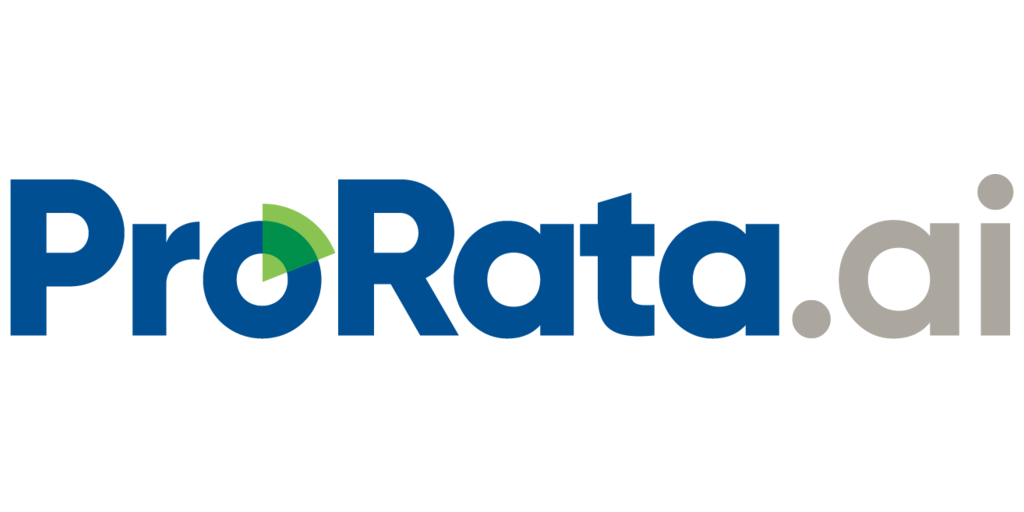As industry edges closer to the technology, an expert explains the options.
Just when you think you are getting your head around AI, something else blurs your understanding all over again.
While we are all becoming familiar with Generative AI, which can be used for creating text, images, and data, that is only one application type and there are several others that may or may not be useful for the wealth and investment industry.
Investment News has been speaking with Mark Trousdale, chief growth officer at Communify Fincentric, a firm started by former InvestCloud leaders and now working with over 90% of leading online brokers in the US.
He believes that determinative AI, while not getting the attention of Generative AI, can be a game changer for wealth managers.
“Not all AI is created equal, because not all tasks in wealth management are created equal,” he says. “Generative AI is great for creating content and spurring creativity, but it’s not necessarily always accurate. On the other hand, deterministic AI gives advisors reliable, consistent outputs, which is absolutely essential when you're dealing with client portfolios and compliance. So it’s not an either-or – it’s about using the right tool for the right job.”
Trousdale explains that Gen-AI’s strength is its flexibility in being able to create human-like responses based on probabilities. But while that can be useful to help draft emails or brainstorm ideas, it also has a clear weakness that could be problematic for a heavily regulated industry like wealth management.
“If an AI model ‘hallucinates’ or makes up language that doesn’t align with actual disclosures or legal documentation, that’s a compliance red flag,” he warns. “It lacks a traceable audit trail, which makes oversight difficult. There’s also the very serious risk of data leakage or exposure of sensitive client information.”
Some firms are treating generative AI like a catch-all solution, relying on it to do everything from drafting client communications to answering portfolio questions.
But how is deterministic AI different?
“Deterministic AI builds trust by delivering consistent, explainable, and compliance-friendly outcomes,” Trousdale says. “Wealth managers need these three qualities since client relationships hinge on accuracy and transparency. Because it follows defined rules, there’s no guesswork or improvisation–just clear logic that can be traced, verified and replicated, delivering the same results every time. That’s crucial in a digital-first world, where clients expect fast answers but still demand accountability.”
This means firms should be able to trust it in areas such as portfolio analytics, performance reporting, and compliance checks without risk of unexpected hallucinations.
The concerns over Gen-AI does not mean that advisors should not use it. But there is a process of ‘layering’ that combines the best of both generative and determinative AI.
“Layering AI means starting with deterministic AI to ensure accurate, compliant analysis – like calculating risk scores, portfolio exposures, or tax impacts – based on structured data,” Trousdale explains. “Once those verified insights are in place, generative AI steps in to translate them into natural language summaries that can be used to build personalized reports or even scripted podcast updates. The advisor doesn’t have to sift through spreadsheets or manually craft client narratives. Ultimately, this leads to more engaging client touchpoints and scalable personalization without compromising compliance.”
This layering of AI capabilities is being seen in the online brokerage firms that Trousdale works with. And he says that determinative AI can be a valuable tool for firms seeking deeper client retention and connection.
“Deterministic AI can surface actionable insights from existing client data,” he says. “For example, it can aid advisors in identifying life events, behavioral patterns, or service gaps they might otherwise miss. This allows firms to proactively reach out with timely, relevant guidance, strengthening relationships without adding to their workload. It also enables more consistent service across teams, reducing the risk of clients slipping through the cracks.”
Looking ahead, Trousdale expects exciting developments and benefits for advisors.
“As the industry moves away from one-size-fits-all engagement, deterministic AI will increasingly power those personalized nudges that deepen trust, reduce churn, and unlock new growth opportunities,” he concludes.







 English (US) ·
English (US) ·